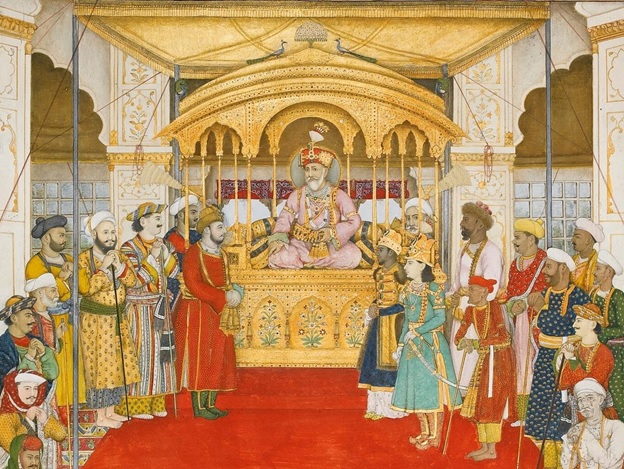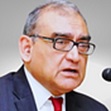
Why I Regard Mughal Emperor Akbar as the Father of the Indian Nation
By Justice Markandey Katju
Mumbai, India

The architect of modern India, in my view, was the great Mughal Emperor Akbar. He exemplified equal respect for all religions, the only policy that can keep India, a country of tremendous diversity, united. Akbar appointed people of various communities to the highest offices based on their merits, irrespective of their religion or caste. Notable examples include Todar Mal, the Finance Minister, and army commanders Man Singh and Birbal.
Emperor Akbar regularly held discussions with scholars from diverse religious backgrounds at his court. He respected scholars from all faiths, including Muslims, Hindus, Christians, Parsis, and Sikhs. These interactions occurred sometimes individually or in the Ibadatkhana (Hall of Worship), where people of different religions assembled to discuss their views in a spirit of tolerance.
Akbar’s policy of Suleh-e-Kul, meaning universal tolerance of all religions and communities, was groundbreaking. He abolished the Jeziya tax on non-Muslims in 1564 and the pilgrim tax on Hindus in 1563. He celebrated Hindu festivals and respected his Hindu wife’s religious practices, as seen in the Hindu architectural patterns of the Jodha Bai Palace in Fatehpur Sikri.
In 1578, Akbar invited Parsi theologian Dastur Mahyarji Rana for a detailed discourse on Parsi religion. Jesuit priests like Father Antonio Monserrate and Father Rodolfo Acquaviva were also welcomed to acquaint him with Christianity. His interactions with Sikhism included contacts with Guru Amar Das and Guru Ram Das.
As highlighted in the Cambridge History of India and Pt. Jawahar Lal Nehru’s ‘The Discovery of India’, Akbar envisioned himself as a father to all his subjects, transcending religious boundaries and being far ahead of his times.
In 1582, Akbar’s interaction with the Jain delegation, including Hiravijaya Suri, profoundly influenced him. He adopted practices of non-violence, reducing his meat consumption, ceasing hunting, and releasing caged birds and prisoners. The Jains’ impact on Akbar is well-documented in Dr Ishwari Prasad’s ‘The Mughal Empire’.
In comparison to Akbar’s era of tolerance, the same period in Europe witnessed religious massacres and persecutions, emphasizing Akbar’s advanced approach to religious harmony.
I had the opportunity to discuss these historical perspectives with Tasawar Jalali, a Kashmiri M.Tech graduate from Harvard residing in the USA, which led to the formation of ‘Ibaadatkhana’. This organization, named after the historic hall of religious discourse in Fatehpur Sikri, aims to promote interfaith harmony. Our inaugural meeting in Fremont, California, and subsequent global webinars can be seen on YouTube.
As I have elaborated in my article ‘What is India’, the country’s diverse nature, akin to North America’s, necessitates a policy of equal respect for all religions. This approach not only sustained the Mughal Empire but also made India a prosperous nation, accounting for a significant portion of the world’s GDP and foreign trade during Akbar’s reign.
Emperor Akbar’s inclusive and progressive policies rightly earn him the title of the Father of the Indian Nation.
(Markandey Katju is an Indian jurist and former judge of the Supreme Court of India who served as chairman of the Press Council of India from 2011 to 2014)

